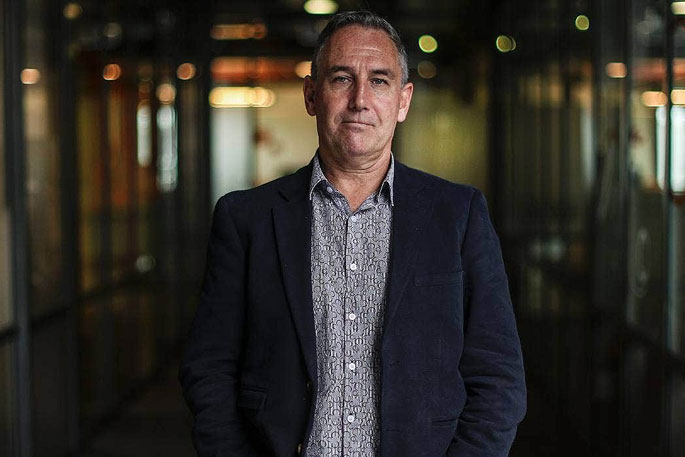Warning: This story discusses suicide.
The number of suspected suicides in New Zealand has risen over the past 12 months, albeit slightly, with Māori continuing to be the worst-affected.
The chief coroner's office released provisional figures on Thursday showing the rate of suspected suicides for the year ending 30 June was 10.6 per 100,000 people - up on the 10.5 seen in the previous 12 months.
This year saw 565 people die by suspected suicide, up from 551.
Māori remain the worst-affected group, with 15.8 suspected suicides per 100,000.
Although figures are trending down - the latest figure the lowest it has been since 2014 - it remains higher than the 14-year average of 14.1 for the general population.
Dr Sarah Hetrick, acting director of the Ministry of Health's Suicide Prevention Office, says Māori continue to be disproportionately affected.
"Our focus remains on reducing the burden of suicide, which requires a systems-level, whole-of-government response that addresses structural determinants such as poverty, racism, discrimination and post-colonial legacy.
"We also need to reduce exposure to factors that increase the risk of suicide such as violence of all types, alcohol-related harm, stand-down and exclusion from schools and harmful communication about self-harm and suicide."
Latest figures showed no change to rates for Asians, remaining at 4.1 per 100,000. Rates for Pasifika fell from 9.2 to 5.1.
"We collect, use and publish this suicide information as an important way to understand how we are progressing towards an Aotearoa that does not experience suicide.
"However, first and foremost we must acknowledge the devastating impact on whānau bereaved by this experience. Everything we do is motivated by this reality and we are working hard to ensure fewer whānau and friends are left grieving."
Rates of suspected suicide remained significantly higher for males than females. Male rates dropped from 15.3 to 15.2 per 100,000, while rates for females increased from 5.7 to six.
In response, the Mental Health Foundation says the overall picture is improving "but there's much more to do".
"It's still concerning that these figures remain stubbornly high," says chief executive Shaun Robinson.
"A great deal of good work is being done, but more needs to happen. The incoming government has an opportunity to bring together government agencies and suicide prevention organisations to address the conditions that impact on mental wellbeing such as racism, discrimination and poverty."
Shaun says a wide range of actions are required, including specific approaches for different groups such as young people, Māori, Pasifika and men.
"Most importantly, we need a coordinated and refreshed action plan that builds on the many things that are working, fills the gaps, and has everyone working together to reduce suicide.
"We know that there is never one reason why someone dies by suicide. Everyone faces pressures in their lives and how they respond to these pressures can improve their health."
Where to get help:
- Need to Talk? Free call or text 1737 any time to speak to a trained counsellor, for any reason.
- Lifeline: 0800 543 354 or text HELP to 4357
- Suicide Crisis Helpline: 0508 828 865 / 0508 TAUTOKO (24/7). This is a service for people who may be thinking about suicide, or those who are concerned about family or friends.
- Depression Helpline: 0800 111 757 (24/7) or text 4202
- Samaritans: 0800 726 666 (24/7)
- Youthline: 0800 376 633 (24/7) or free text 234 (8am-12am), or email talk@youthline.co.nz|
- What's Up: free counselling for 5 to 19 years old, online chat 11am-10.30pm 7 days/week or free phone 0800 WHATSUP / 0800 9428 787 11am-11pm
- Asian Family Services: 0800 862 342 Monday to Friday 9am to 8pm or text 832 Monday to Friday 9am - 5pm. Languages spoken: Mandarin, Cantonese, Korean, Vietnamese, Thai, Japanese, Hindi, Gujarati, Marathi and English.
- Rural Support Trust Helpline: 0800 787 254
- Healthline: 0800 611 116
- Rainbow Youth: (09) 376 4155\
- OUTLine: 0800 688 5463 (6pm-9pm)
If it is an emergency and you feel like you or someone else is at risk, call 111.



0 comments
Leave a Comment
You must be logged in to make a comment.